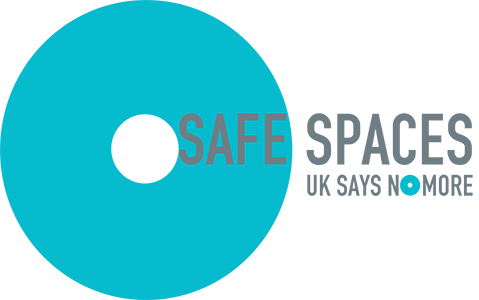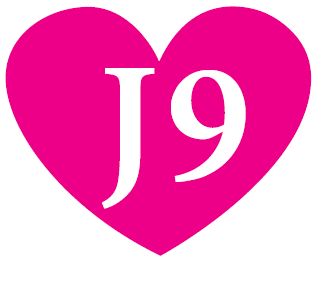What is a Town Council?
A parish or town council is:
- The First Tier of Local Government
- Your Representation at a Local Level
- A Statutory Authority responsible for your Community in partnership with others
It exists to serve the people of the Parish by:
- Providing services appropriate to their needs and expectations where it is legally empowered.
- Representing people without discrimination and involving them in decisions where necessary.
- Working in partnership with voluntary agencies, the private sector, other local authorities and public bodies.
- Contributing to the economic prosperity of the area.
- Keeping the parish a place where people want to live, work and enjoy themselves.
What’s the difference between a parish council and a town council?
There isn’t much of a difference. Both parish and town councils have the same powers and can provide the same services. The only difference is that a town council has decided that it should be known as a ‘Town Council’ instead of a parish council, and may have a mayor.
Powers and duties?
The parish or town council acts within the framework of legislation conferred on it by Parliament. The functions of the council are mainly discretionary, that is they amount to powers as opposed to duties. Parish councils derive their powers from a number of sources but in general terms the important source is the Local Government Act of 1972 and subsequent amendments and enhancements. Parish and town councils can delegate power to the clerk or a committee but never to individual councillors or chairmen.
What services do parish or town councils provide?
Your parish or town council has an overall responsibility for the well-being of your local community. Their work falls into three main categories:
- representing your local community
- delivering services to meet local needs
- striving to improve quality of life in the parish
Your council may provide and maintain the following services:
- allotments
- bridleways
- burial grounds
- bus shelters
- car parks
- commons
- community
- transport schemes
- crime reduction
- measures
- footpaths
- leisure facilities
- litter bins
- local youth
- projects
- open spaces
- public lavatories
- planning
- street cleaning
- street lighting
- tourism activities
- traffic calming
- measures
- village greens
The parish or town council will work with larger councils in your area called ‘principal councils to agree which of these services the parish or town council should be in charge of.
Principal councils are larger councils such as a district or county in need of support.
How are decisions made?
Your parish or town council is made up of a number of councillors who meet regularly to make decisions on the work and direction of the council. As elected bodies parish and town councils are responsible to the people they represent – that’s your local community.
Attending a council meeting is the best way to find out what they do. Give the council a call and find out when its next public meeting is scheduled to take place.
Where do they get their money from?
Each year a sum of money called a ‘precept’ is collected through your council tax. This money is used by your parish or town council to improve facilities and services for local people. Parish or town councils can also apply for grants and loans and, if they own property, can receive money from rents or leases.
What do parish or town councillors do?
Councillors have three main areas of work:
1. Decision-making: through attending meetings and committees with other elected members, councillors decide which activities to support, where money should be spent, what services should be delivered and what policies should be implemented.
2. Monitoring: councillors make sure that their decisions lead to efficient and effective services by keeping an eye on how well things are working.
3. Getting involved locally: as local representatives, councillors have responsibilities towards their constituents and local organisations. This often depends on what the councillor wants to achieve and how much time is available.
The day-to-day work of a councillor may include:
- going to meetings of local organisations such as tenants’ associations
- going to meetings of bodies that affect the wider community, such as the police, the Highways Authority, schools and colleges
- taking up issues on behalf of members of the public, such as making representations to the district or borough council
- running a surgery for residents to bring up issues
- meeting with individual residents in their own homes


